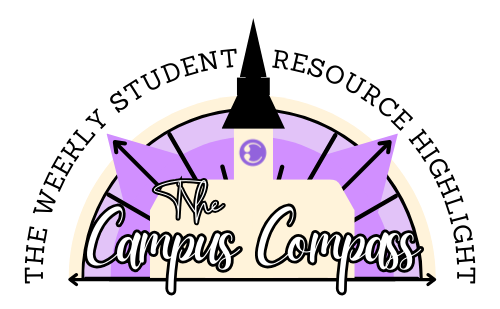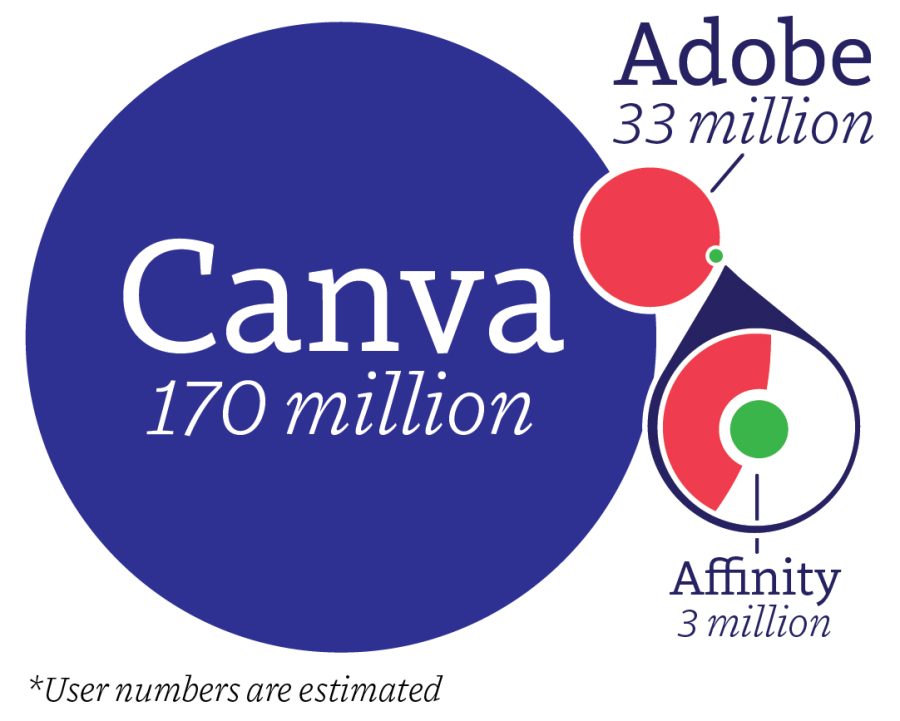Database management systems are crucial for businesses, as they enable effective storage and analysis of large volumes of data. As businesses grow, their data management needs also grow, and they may need to explore alternatives to their existing database management system. Oracle has long been a popular choice for many businesses, but as cloud-based solutions become more widespread, companies are starting to consider migrating to SQL Server. In this article, we’ll explore the pros and cons of migrating from Oracle to SQL Server.

What is Oracle?
Oracle is a relational database management system developed by Oracle Corporation. It has been around for over 40 years and is widely used by businesses of all sizes to store and manage their data. Oracle is known for its reliability, scalability, and robust features, including advanced analytics, high availability, and security.
What is SQL Server?
SQL Server is a relational database management system developed by Microsoft. It has been around for over 30 years and is widely used by businesses of all sizes to store and manage their data. SQL Server is known for its scalability, security, and robust features, including data warehousing, business intelligence, and advanced analytics.
Pros of Migrating from Oracle to SQL Server
Cost: SQL Server has a more flexible licensing model than Oracle, which can result in cost savings for businesses. SQL Server licensing is based on the number of cores in the server, while Oracle licensing is based on the number of processors. This means businesses can save money by using SQL Server on a server with a high core count.
Integration with Microsoft Products: SQL Server integrates well with other Microsoft products, such as Power BI and Excel, making it easier for businesses to use these products in conjunction with their database management system.
Scalability: SQL Server can handle large volumes of data with ease, and can scale up or down as needed. This makes it an ideal choice for businesses that need to process and analyze large amounts of data on a regular basis.
Ease of Use: SQL Server has a more user-friendly interface than Oracle, which can make it easier for businesses to manage their data.
Security: SQL Server has advanced security features, including row-level security, encryption, and auditing, which make it a more secure solution than Oracle.
Cons of Migrating from Oracle to SQL Server
Migration Complexity: Migrating from Oracle to SQL Server can be a complex process, particularly for businesses with large volumes of data. This can result in increased costs and downtime.
Compatibility Issues: SQL Server may not be compatible with all of the tools and applications businesses are currently using with Oracle. This could require additional development work to ensure everything works seamlessly.
Learning Curve: SQL Server has a different architecture and user interface than Oracle, which means there may be a learning curve for businesses migrating to the platform. This may require additional training for employees and could result in a temporary decrease in productivity.
Vendor Lock-In: Moving to SQL Server requires businesses to move their data to a Microsoft platform, which could make it difficult to switch to a different platform in the future. This creates a vendor lock-in situation that may not be ideal for all businesses.
Performance: Oracle is known for its high performance, particularly when it comes to processing transactions. SQL Server may not be able to match this performance for businesses with particularly high transaction volumes.
Data Loss: Migrating from Oracle to SQL Server can lead to data loss or corruption, particularly if the migration process is not properly planned and executed. This can result in a loss of important business information, which could have serious consequences.
Customization: Oracle allows for a greater degree of customization than SQL Server, which means businesses may need to reconfigure their applications to work with SQL Server. This could require additional development work, which can be costly and time-consuming.
Limited Functionality: SQL Server may not offer the same level of functionality as Oracle in certain areas, such as backup and recovery. This could be a concern for businesses that rely heavily on these features.
Support: Oracle has a larger community of developers and users than SQL Server, which means there may be more resources available for businesses that need support. This could be a concern for businesses that are migrating to a less popular platform.
Conclusion
Migrating from Oracle to SQL Server can be a complex process, with pros and cons on both sides. While SQL Server may offer cost savings and better integration with Microsoft products, it may not offer the same level of customization and functionality as Oracle. Businesses considering migrating to SQL Server should carefully weigh the pros and cons and evaluate their data management needs to determine whether it is the right choice for them. They should also seek the help of experts in the field to ensure the migration process is properly planned and executed, to minimize the risk of data loss or corruption.



















































